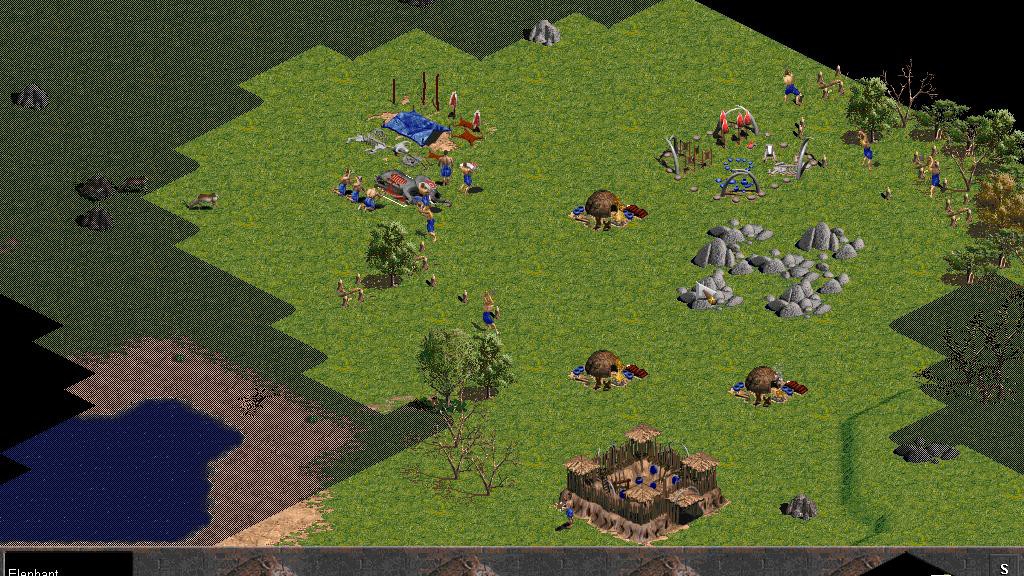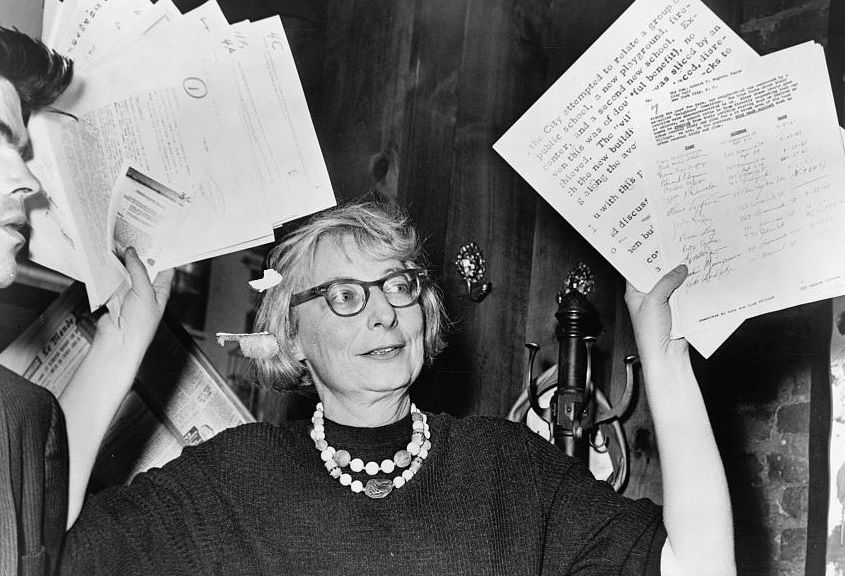I answered this question over at Quora. Just about all the other answers were wrong, so I thought I’d set things straight.
No. Value is not a quantity. It cannot be compared across individuals, so we cannot say that $50 is more valuable to person A than to person B.
To understand value, you must understand action. To act is to select one thing and set aside another. Thus, an ability to evaluate one thing over another is a necessary prerequisite to action, one that all mentally functioning humans possess. Valuation is always a comparison between two alternatives. It is a comparison made in the mind of an acting human.
Because the high income person and the low income person are different individuals, their valuations cannot be compared. We could say something like, “the low income person values an hour of his time less than $50, while the high income person values an hour of his time more than $50.” But this does not mean the low income person values $50 more than the high income person does in any absolute sense, because an hour of time is not the same to different individuals.
Some people have said that the answer is yes because marginal utility decreases with quantity. This is a misinterpretation. It is true that people tend to value additional units of a stock of interchangeable consumer goods less with each additional unit. This is because a person will use the first unit of the good to satisfy his highest unmet need, the second unit to satisfy his second highest unmet need, the third unit to satisfy his third highest unmet need, and so on. Thus, marginal utility does decrease with quantity. But it only meaningfully decreases with respect to other goods! If I have five dumplings, I might value an additional dumpling more than a battery, but if I have six or more dumplings I might value the battery more than an additional dumpling.
While I value things less with each additional unit, we can’t take this to mean my valuation of my total wealth must decrease as I grow wealthier. Total wealth comprises everything, leaving nothing to compare it against, so valuation is meaningless.











